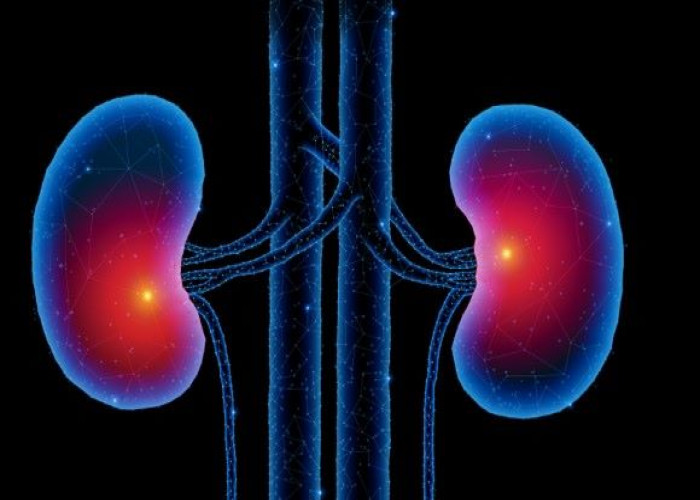 Welcome
Welcome
“May all be happy, may all be healed, may all be at peace and may no one ever suffer."
Chronic kidney disease
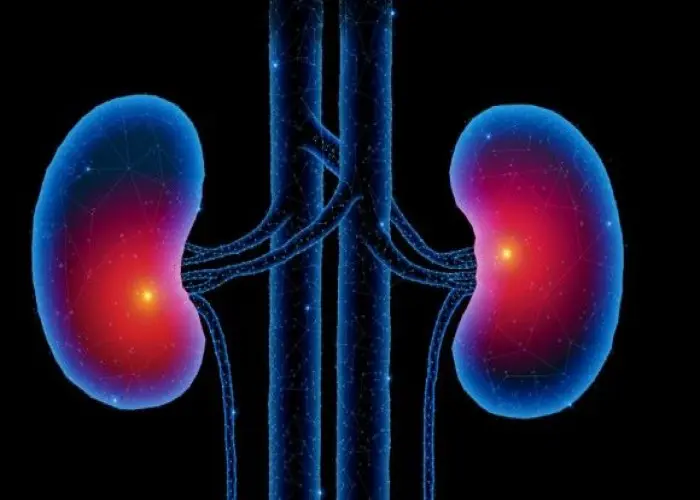
Chronic kidney disease (CKD) is a long-term medical condition in which the kidneys gradually lose function over time. CKD can lead to a buildup of waste products and fluids in the body, and may eventually progress to end-stage renal disease (ESRD), which requires dialysis or a kidney transplant. Common causes of CKD include diabetes, high blood pressure, and other conditions that can damage the kidneys. Symptoms of CKD may not be noticeable in the early stages, but can include fatigue, weakness, nausea, and swelling of the hands, feet, or face. Treatment for CKD depends on the underlying cause, but may involve medications to control blood pressure and blood sugar, lifestyle modifications such as dietary changes, and close monitoring of kidney function. It is important to see a healthcare provider if you are at risk for CKD or are experiencing symptoms to receive an accurate diagnosis and appropriate treatment.
Research Papers
Disease Signs and Symptoms
- Nausea or vomiting
- Shortness of breath (dyspnea)
- High blood pressure (hypertension)
- Itching
- Dry skin
- Swollen leg
- Muscle cramps
- Decreased mental sharpness
- Low amount of urine
- Trouble sleep (insomnia)
- Weakness
- Fatigue (Tiredness)
- Loss of appetite
- Chest pain
Disease Causes
Chronic kidney disease
Chronic kidney disease occurs when a disease or condition impairs kidney function, causing kidney damage to worsen over several months or years.
Diseases and conditions that cause chronic kidney disease include:
- Type 1 or type 2 diabetes
- High blood pressure
- Glomerulonephritis (gloe-mer-u-low-nuh-FRY-tis), an inflammation of the kidney's filtering units (glomeruli)
- Interstitial nephritis (in-tur-STISH-ul nuh-FRY-tis), an inflammation of the kidney's tubules and surrounding structures
- Polycystic kidney disease or other inherited kidney diseases
- Prolonged obstruction of the urinary tract, from conditions such as enlarged prostate, kidney stones and some cancers
- Vesicoureteral (ves-ih-koe-yoo-REE-tur-ul) reflux, a condition that causes urine to back up into your kidneys
- Recurrent kidney infection, also called pyelonephritis (pie-uh-low-nuh-FRY-tis)
Disease Prevents
Chronic kidney disease
To reduce your risk of developing kidney disease:
- Follow instructions on over-the-counter medications. When using nonprescription pain relievers, such as aspirin, ibuprofen (Advil, Motrin IB, others) and acetaminophen (Tylenol, others), follow the instructions on the package. Taking too many pain relievers for a long time could lead to kidney damage.
- Maintain a healthy weight. If you're at a healthy weight, maintain it by being physically active most days of the week. If you need to lose weight, talk with your doctor about strategies for healthy weight loss.
- Don't smoke. Cigarette smoking can damage your kidneys and make existing kidney damage worse. If you're a smoker, talk to your doctor about strategies for quitting. Support groups, counseling and medications can all help you to stop.
- Manage your medical conditions with your doctor's help. If you have diseases or conditions that increase your risk of kidney disease, work with your doctor to control them. Ask your doctor about tests to look for signs of kidney damage.
Disease Treatments
Depending on the cause, some types of kidney disease can be treated. Often, though, chronic kidney disease has no cure.
Treatment usually consists of measures to help control signs and symptoms, reduce complications, and slow progression of the disease. If your kidneys become severely damaged, you might need treatment for end-stage kidney disease.
Treating the cause
Your doctor will work to slow or control the cause of your kidney disease. Treatment options vary depending on the cause. But kidney damage can continue to worsen even when an underlying condition, such as diabetes mellitus or high blood pressure, has been controlled.
Treating complications
Kidney disease complications can be controlled to make you more comfortable. Treatments might include:
- High blood pressure medications. People with kidney disease can have worsening high blood pressure. Your doctor might recommend medications to lower your blood pressure — commonly angiotensin-converting enzyme (ACE) inhibitors or angiotensin II receptor blockers — and to preserve kidney function.
- High blood pressure medications can initially decrease kidney function and change electrolyte levels, so you might need frequent blood tests to monitor your condition. Your doctor may also recommend a water pill (diuretic) and a low-salt diet.
- Medications to relieve swelling. People with chronic kidney disease often retain fluids. This can lead to swelling in the legs as well as high blood pressure. Medications called diuretics can help maintain the balance of fluids in your body.
- Medications to treat anemia. Supplements of the hormone erythropoietin (uh-rith-roe-POI-uh-tin), sometimes with added iron, help produce more red blood cells. This might relieve fatigue and weakness associated with anemia.
- Medications to lower cholesterol levels. Your doctor might recommend medications called statins to lower your cholesterol. People with chronic kidney disease often have high levels of bad cholesterol, which can increase the risk of heart disease.
- Medications to protect your bones. Calcium and vitamin D supplements can help prevent weak bones and lower your risk of fracture. You might also take medication known as a phosphate binder to lower the amount of phosphate in your blood and protect your blood vessels from damage by calcium deposits (calcification).
- A lower protein diet to minimize waste products in your blood. As your body processes protein from foods, it creates waste products that your kidneys must filter from your blood. To reduce the amount of work your kidneys must do, your doctor might recommend eating less protein. A registered dietitian can suggest ways to lower your protein intake while still eating a healthy diet.
Your doctor might recommend regular follow-up testing to see whether your kidney disease remains stable or progresses.
Treatment for end-stage kidney disease
If your kidneys can't keep up with waste and fluid clearance on their own and you develop complete or near-complete kidney failure, you have end-stage kidney disease. At that point, you need dialysis or a kidney transplant.
- Dialysis. Dialysis artificially removes waste products and extra fluid from your blood when your kidneys can no longer do this. In hemodialysis, a machine filters waste and excess fluids from your blood.
- In peritoneal dialysis, a thin tube inserted into your abdomen fills your abdominal cavity with a dialysis solution that absorbs waste and excess fluids. After a time, the dialysis solution drains from your body, carrying the waste with it.
- Kidney transplant. A kidney transplant involves surgically placing a healthy kidney from a donor into your body. Transplanted kidneys can come from deceased or living donors.
- After a transplant, you'll need to take medications for the rest of your life to keep your body from rejecting the new organ. You don't need to be on dialysis to have a kidney transplant.
For some who choose not to have dialysis or a kidney transplant, a third option is to treat your kidney failure with conservative measures. Conservative measures likely will include symptom management, advance care planning and care to keep you comfortable (palliative care).
Disease Diagnoses
Disease Allopathic Generics
Disease Ayurvedic Generics
Disease Homeopathic Generics
Disease yoga
Chronic kidney disease and Learn More about Diseases

Whooping cough
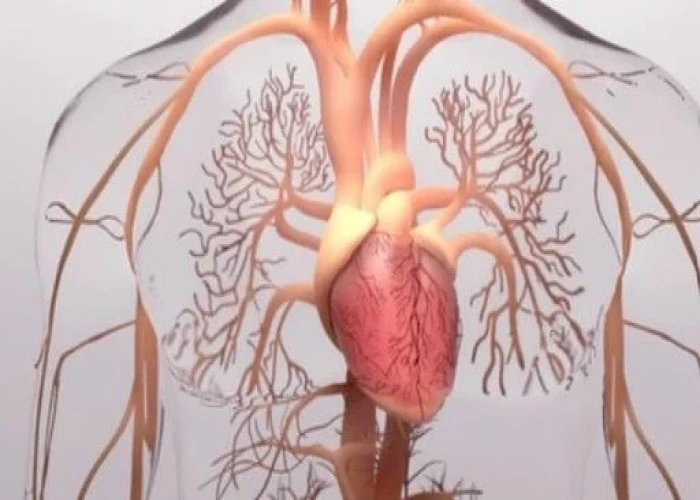
Pulmonary hypertension
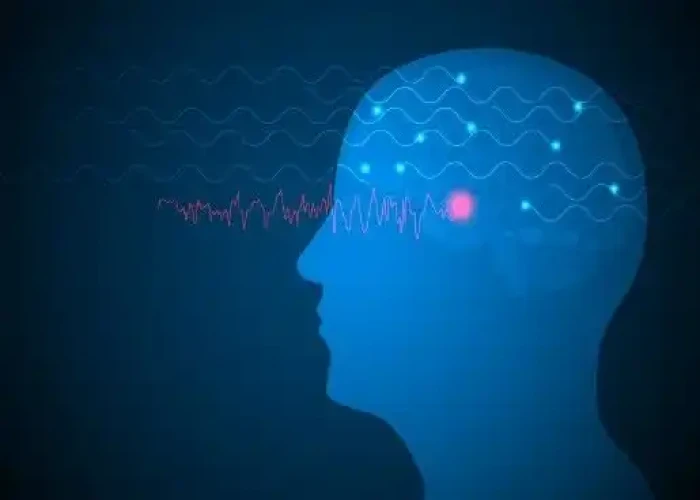
Temporal lobe seizure
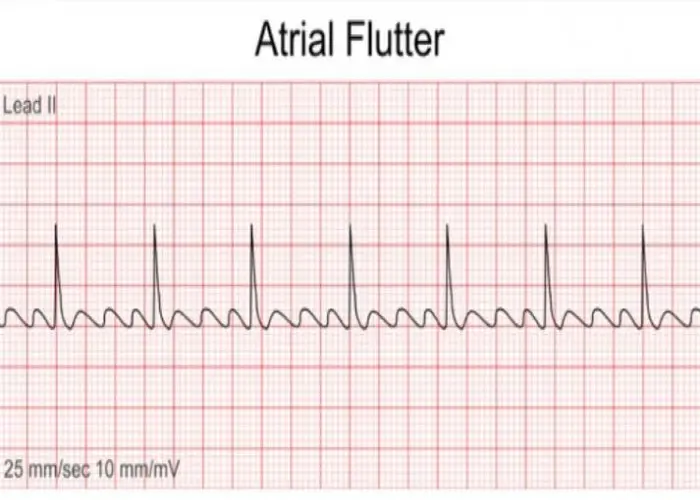
Atrial flutter
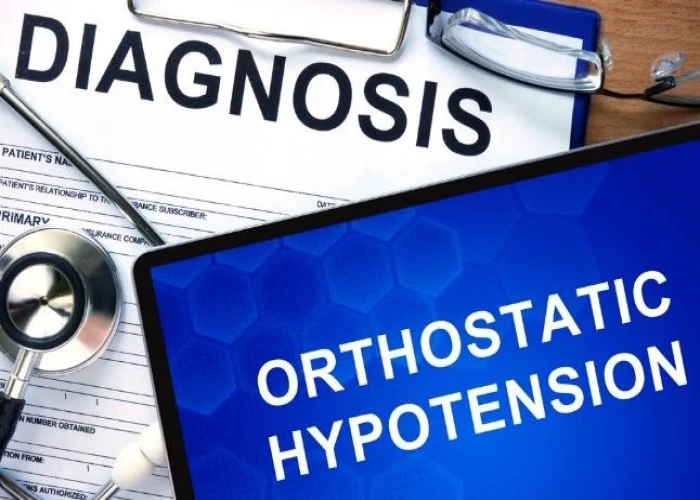
Orthostatic hypotension (postural hypotension)
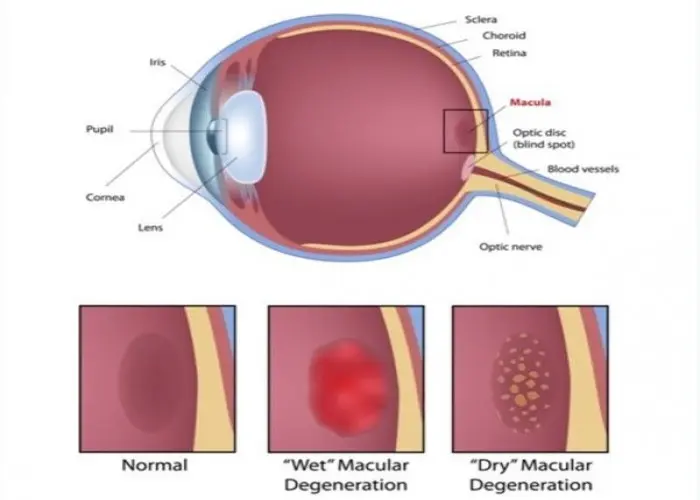
Dry macular degeneration

Bronchiolitis
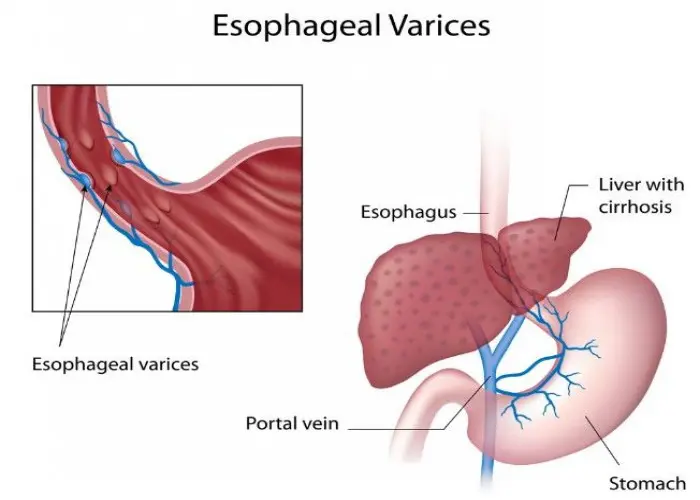
Esophageal varices
Chronic kidney disease, CKD, Kidney disease, দীর্ঘস্থায়ী কিডনি রোগ
To be happy, beautiful, healthy, wealthy, hale and long-lived stay with DM3S.
